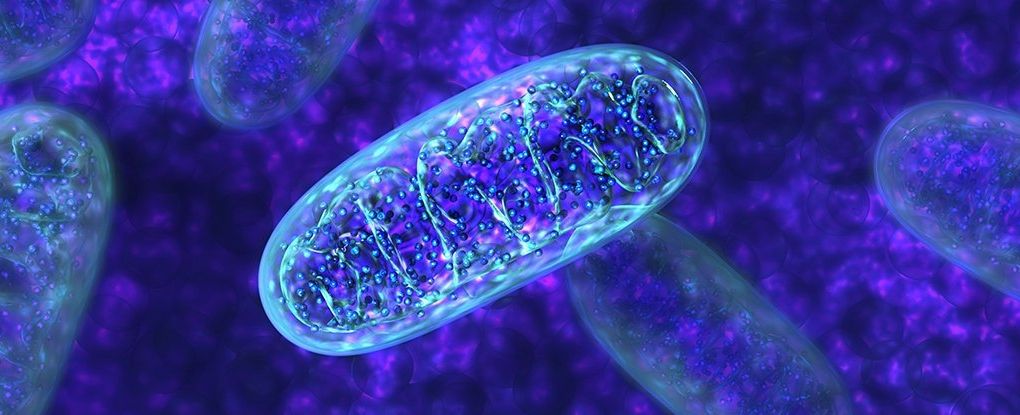According to established scientific knowledge, complex cells (called eukaryotic cells) can’t survive without mitochondria — tiny organelles that control respiration and power movement and growth. You can think of them as tiny batteries converting energy so that cells can go about their business, but they perform other key jobs, too. They are, as the common adage goes, the powerhouse of the cell.
Now, scientists working in Canada and the Czech Republic have made a surprising discovery: a eukaryotic cell without these mitochondrial batteries. It’s an unprecedented find that’s likely to change our thinking about how some types of cells can exist and grow. In other words, life is more flexible than we thought.
“[Mitochondria] were considered to be absolutely indispensable components of the eukaryotic cell and the hallmark of the eukaryotic cell,” team leader, Anna Karnkowska from the University of British Columbia told Nell Greenfieldboyce at NPR.
